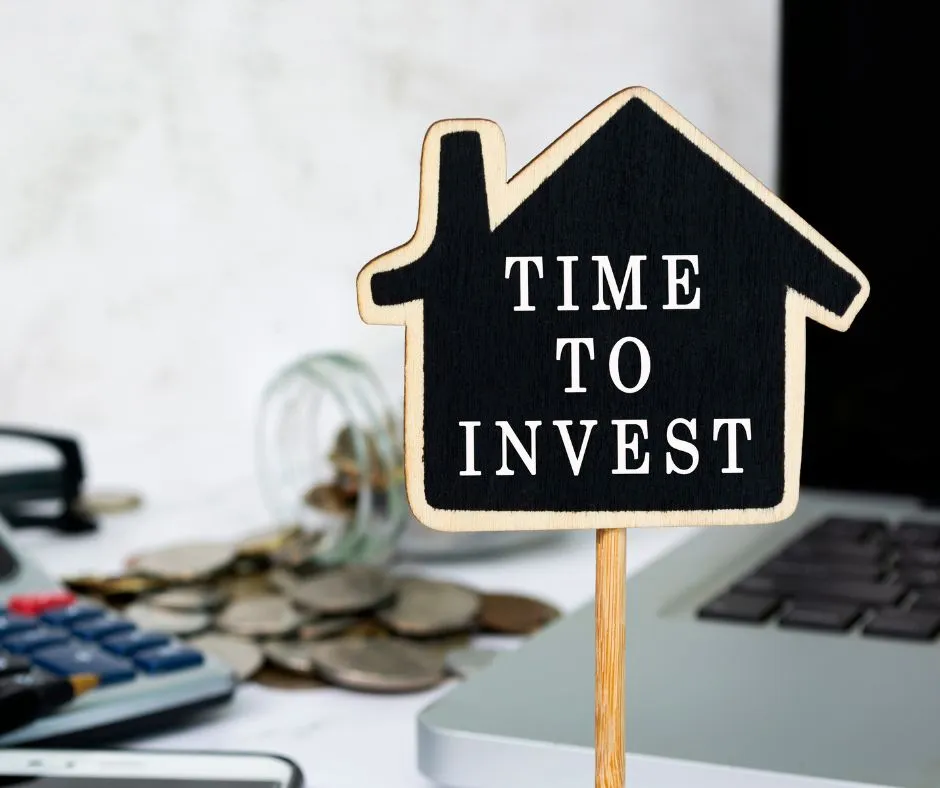
Fractional Ownership vs. Crowdfunded Co-Investment Platforms: Navigating the Future of Property Investment

Real estate has long been a favourite asset class for investors, known for its potential to generate steady income and capital appreciation. Real estate remains a cornerstone of long-term wealth creation. But traditional property ownership often demands high upfront capital, operational know-how, and time commitment. In response, alternative investment models—fractional ownership and crowdfunded co-investment platforms—have emerged, each making property investment more accessible. While both models lower the entry barrier to real estate investment, they differ significantly in structure, rights, and potential returns. This article explores the key differences and benefits of each.
This article explores the key differences between these two models and the benefits each provides for investors seeking smarter ways to access the real estate market.
What is Fractional Ownership?
Fractional ownership refers to a structure where multiple individuals jointly own a physical real estate asset. Ownership is typically formalized through an SPV (special purpose vehicle), and each investor holds equity in that entity. This equity represents a proportional claim on the property itself, including rights to rental income and capital appreciation. This model often includes governance rights, such as voting on property management, refinancing, or sale decisions.
For example, if a property is worth $1 million and ten investors each contribute $100,000, they each own 10% of the SPV, and by extension, 10% of the property.
Key Benefits of Fractional Ownership
- Direct Asset Exposure: Investors share directly in rental income and potential property appreciation.
- Control and Governance: Investors may have a say in major decisions via shareholder voting.
- Portfolio Diversification: Low entry points allow for ownership in multiple properties.
- Tangible Ownership: You own a real stake in the property, usually recorded via the SPV.
- Long-Term Focus: Suitable for investors looking for stable, long-term real estate exposure.
- Direct Ownership Rights: Investors in fractional models usually have ownership rights, including a say in key decisions, such as selling the property or major renovations.
- Income and Capital Appreciation: Investors are entitled to their share of rental income and profits from property appreciation.
- Diversification: With lower capital requirements, investors can spread their capital across multiple properties and locations, reducing risk.
- Transparency: Since investors hold equity in the SPV, there’s often a higher level of reporting, clarity, and involvement in management decisions.
What is Crowdfunded Co-Investment Platform?
Crowdfunded co-investment platforms aggregate capital from many investors to fund a real estate project, often led and managed by a developer or experienced real estate sponsor. Investors don’t own the property directly—instead, they buy into a structured investment, such as a debt instrument or preferred equity, that entitles them to a return based on the project’s performance.
Unlike fractional ownership, crowdfunding typically positions investors as limited partners or passive backers with no management or governance control. These projects often have defined terms, such as 3–5 years, after which the property is sold or refinanced and returns distributed.
Key Benefits of Crowdfunded Co-Investment
- Lower Entry Barriers: Some platforms allow investments from as little as $500–$5,000.
- Passive Investment: No involvement in property management; everything is handled by the sponsor.
- Shorter Investment Horizons: Many projects have fixed durations, offering planned exits.
- Diversified Risk: Exposure to institutional-quality projects, often across multiple geographies.
- Defined Return Structures: Returns are often projected upfront, with fixed income or profit-sharing based on project success.
📩 Let’s Talk
Got your eye on a shophouse or commercial asset? Need help decoding the GFA or planning your next investment?
📧 Contact us at enquiries@abiel.com.sg
📱 Follow us on Facebook, Instagram, and LinkedIn @abielgroup



